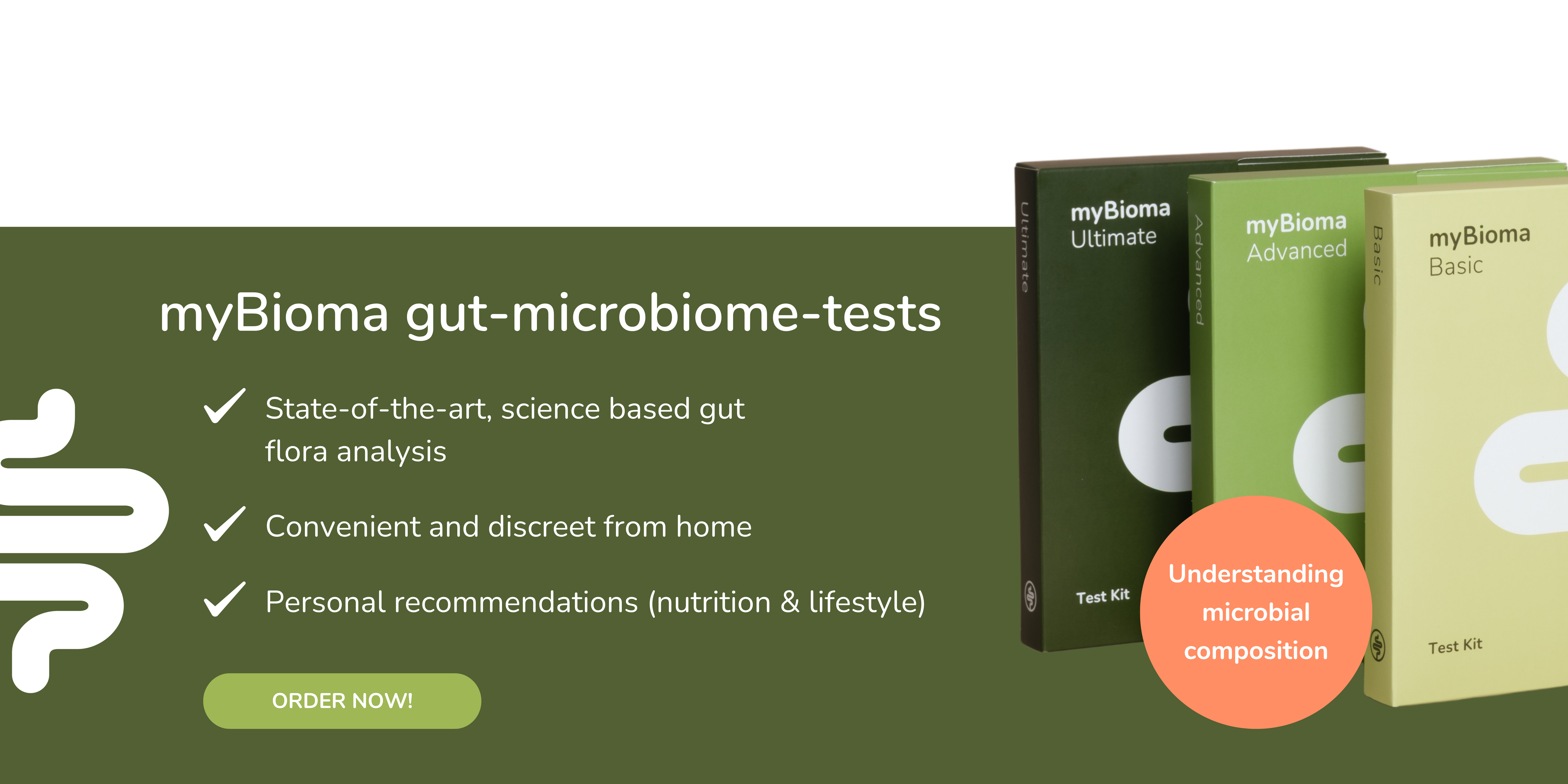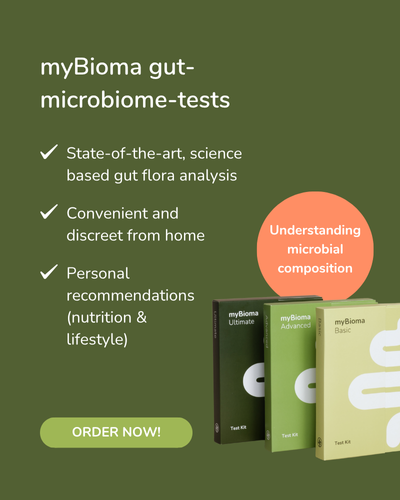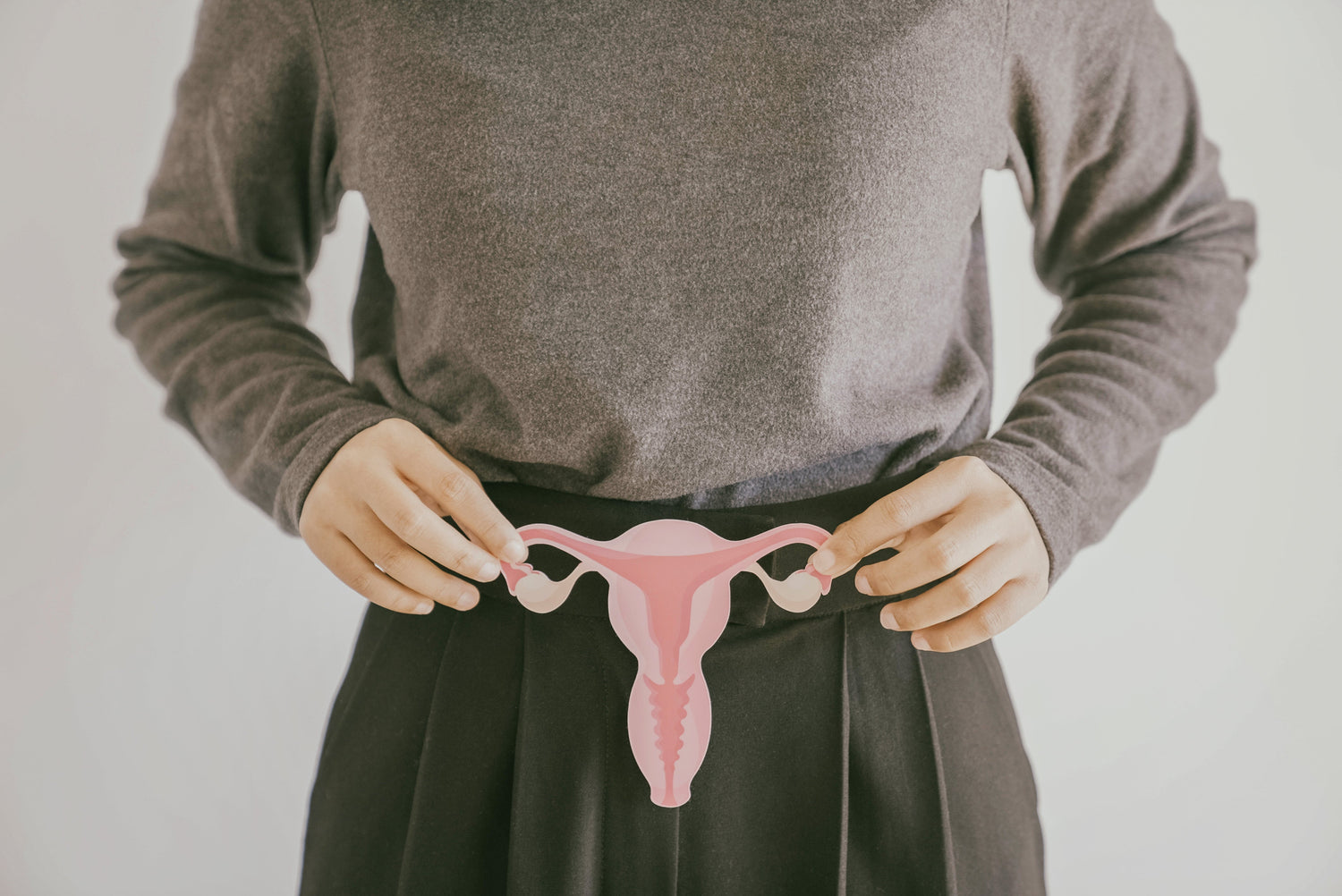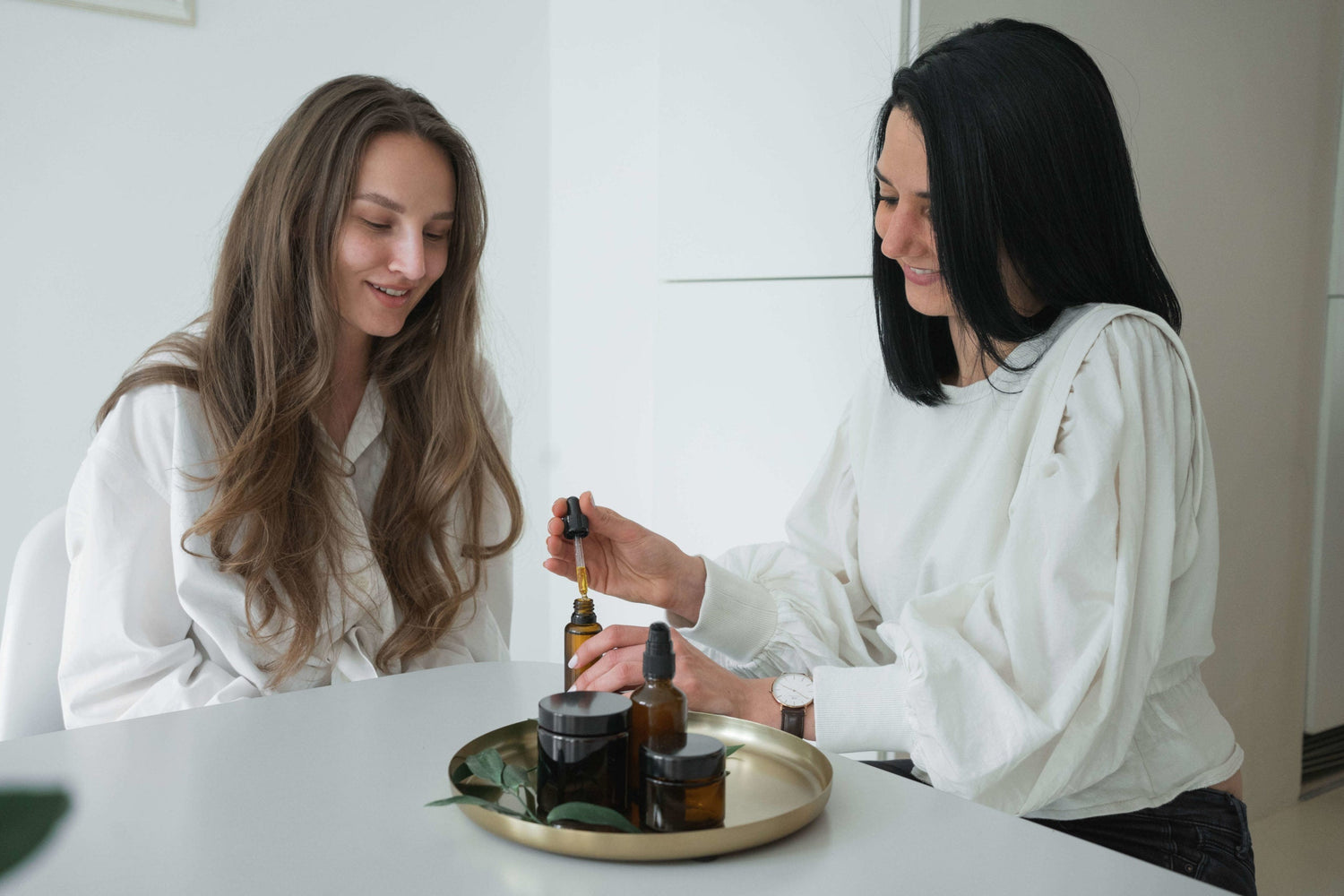Sophie Dangl on the connection between the intestinal microbiome and hormones
The intestinal microbiome, consisting of tens of thousands of different bacterial strains, influences our health on all levels. The intestinal bacteria literally control our organism by deciding which food components are absorbed and which are excreted. But the intestine is more than just a digestive tube, because there is much more going on here. Our microbiome controls our immune system and has a significant influence on our body weight.
An imbalance in the composition of the microbiome can have a negative impact on our well-being. In addition to gastrointestinal complaints and food intolerances, chronic inflammatory diseases and allergies, as well as mental and neurological diseases, can be the consequences of this imbalance. The intestinal microbiome influences our entire organism and therefore also our hormones. The connection between the microbiome and hormonal balance is receiving more and more attention in research. Research results show that the intestinal microbiome plays an essential role in the formation and regulation of our hormones. (1)
Hormone factory intestines
Our intestines and brain are closely connected to each other via the enteric nervous system. They communicate via this through metabolic products that our intestinal bacteria produce.
Depending on how our intestinal microbiome is composed, up to 30 different hormones are produced directly in the intestine. Above all, the happiness hormones serotonin and dopamine. Also our sleep hormone melatonin Large quantities originate in the intestines. No wonder, because serotonin and melatonin both have the same starting product: L-tryptophan.
L-Tryptophan is an essential amino acid, i.e. one that the body cannot produce itself and therefore must be supplied in sufficient quantities through food. It is the precursor to the neurotransmitter serotonin and thus influences mood, performance and well-being. L-Tryptophan not only serves as a starting product, but also plays a crucial role in the balance between the immune tolerance of the intestine and the maintenance of the intestinal microbiota. Research has proven that this amino acid has profound effects on intestinal microbial composition, microbial metabolism and the immune system. If there is too little L-tryptophan in the body, not enough serotonin is produced and in turn not enough melatonin is produced, which means that the effects extend to our mood, our performance and therefore our overall condition. (2)
We now know a lot about the influence of different intestinal bacteria on our mood, our brain and our immune system. But it goes far beyond that. The focus of research is becoming increasingly specific. She is increasingly concerned with specific areas of the microbiome within our intestines. In the field of hormone regulation and production, particular attention is paid to the so-called “estrobolome”.

The estrobolome is a collection of microbes capable of producing estrogens themselves.
What is the estrobolome?
This refers to a collection of microbes that are able to produce estrogen themselves. Estrogen plays a role not only in the female sex, but also in the male organism. It has a major influence on cardiovascular health, regulates body fat, is involved in bone structure, but also has an influence on memory function and cell division. In men, it also contributes to sperm development.
The female organism primarily has three different types of estrogen with different functions. It is known that all of them are formed in the ovaries and in fatty tissue. What is less known is that estrogen is also produced by some intestinal bacteria. It is precisely this group of bacteria that is called the “estrobolome”. It should also be borne in mind that the different types of estrogen influence each other, with the estrobolome playing a particularly important role. It modulates the circulation of these estrogens in the body and has a significant influence on whether estrogen is excreted or continues to circulate in the body. Thus, it regulates our estrogen levels.
Genetic factors, the type of diet, alcohol consumption, environmental influences and medications, especially antibiotics and hormonal contraceptives, can sometimes severely disrupt the estrobolome and thus the balance of estrogen in the body. (3)

What happens when the estrobolome becomes imbalanced?
The intestinal microbiome plays an essential role in regulating estrogen levels in the body, as it determines which estrogen is excreted or whether it is reactivated. This influences the risk of developing hormone-related diseases. If the microbiome is healthy, the organism in the woman's ovaries produces the right amount of the enzyme ß-glucoronidase. This has the task of regulating estrogen levels. An imbalance in the microbiome can affect the activity of this enzyme and thus causes an under or over supply of estrogen. This means that a wide variety of diseases from breast and prostate cancer to PCOS (polycystic ovary syndrome) and endometriosis are already being treated connected. (4)
A closely linked interaction between the intestinal microbiome and hormonal balance, our immune system and the brain is undisputed and continues to be the subject of medical research. One thing is certain: an unbalanced microbiome has an impact on our entire organism. It is therefore obvious to detect a disturbed intestinal flora through targeted analysis and regulate it accordingly in order to positively influence the hormonal balance.
Who is Sophie Dangl?
As a biomedical analyst, I have a lot of experience in the field of laboratory medicine, which is why high-quality analysis is very important to me. In my practice, I like to use the myBioma microbiome analysis to get a precise insight into the composition of my clients' intestinal flora. This means I can support you individually and, above all, in a targeted manner and start exactly where your organism and the associated system need help.
For me, a holistic approach consists of an interplay of detailed anamnesis, targeted analysis and individually tailored solutions. Because no two people are alike. Recognizing and supporting everyone's needs is my understanding of individual medicine. My main concern is for my clients to experience the effects of lifestyle medicine for themselves and thus take personal responsibility. We should not prevent the causes of illness, but rather discover the causes of life. So that we don't just function, but live!
I have a very special offer for myBioma customers. Please take a look at my website www.zumoptimum.at. You can also find a lot of information about intestinal health, hormones and general holistic health on my Instagram account: @zum_optimum.

Sophie Dangl – passionate biomedical analyst and holistic naturopathic therapist
References
- Clark, et al, „Impact of the Gut Microbiota on Intestinal Immunity Mediated by Tryptophan Metabolism,“ 2014.
- Shreiner AB, Kao JY, Young VB. The gut microbiome in health and in disease.”, 2015
- Maryann Kwa, et al,„The Intestinal Microbiome and Estrogen Receptor-Positive Female Breast Cancer,“ 2016.
- James M. Baker, et al, „Maturitas – An internaltional journal of midlife health and beyond,“ 2017.







